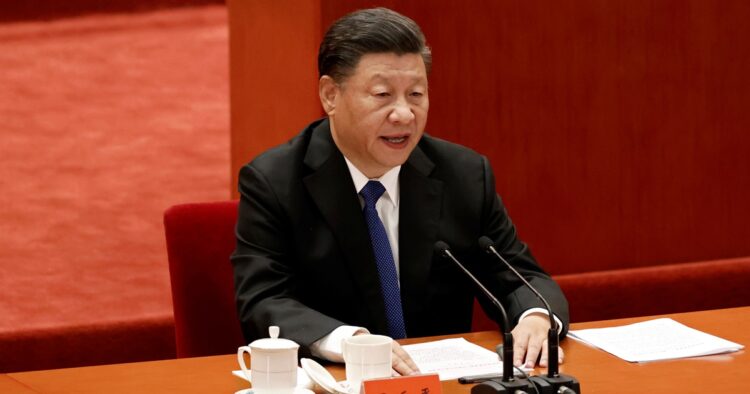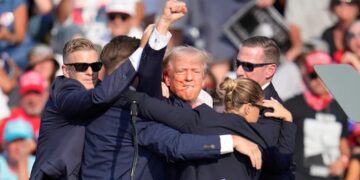Chinese President Xi Jinping emphasized China’s determination to reunify with Taiwan, a self-ruled territory, sparking renewed concerns about military threats from Beijing. Xi, however, did not provide a specific timetable for the reunification. The statement comes ahead of Taiwan’s upcoming presidential and parliamentary elections on January 13, which China has framed as a choice between “war and peace.”
Xi’s annual address conveyed a strong message, stating, “China will surely be reunified, and all Chinese on both sides of the Taiwan Strait should be bound by a common sense of purpose,” as reported by the official Xinhua News Agency. This reinforces China’s longstanding claim over Taiwan, which split from China in 1949 but continues to be viewed by Beijing as Chinese territory.
The frontrunner in Taiwan’s presidential race, William Lai, currently serving as vice president of the ruling Democratic People’s Party, faces accusations from China of being a “separatist.” Beijing has accused both Lai and Taiwan’s President Tsai Ing-wen of attempting to provoke a Chinese attack on the island.
The historical backdrop of Taiwan’s separation from China in 1949 during a civil war has led to complex relations. Despite governing itself, Taiwan remains a target for China, seeking to access the island’s technology-heavy economy. China has regularly deployed fighter jets close to Taiwan’s airspace and warships near its waters, escalating tensions.
The United States, under its ‘One-China’ policy, recognizes China’s claim over Taiwan but has maintained a policy of “strategic ambiguity.” This has not prevented the U.S. from continuing to provide weapons to Taiwan. President Joe Biden has reiterated the commitment to defend Taiwan in case of a Chinese attack, emphasizing a stance of strategic ambiguity.
Xi’s remarks have raised concerns about Beijing’s intentions, with analysts interpreting the statement in various ways. China’s Taiwan Affairs Office spokesperson, Chen Binhua, labeled Lai as a “destroyer of peace” following a televised debate where Lai defended Taiwan’s right to self-rule. Chen accused Lai of having a “confrontational thinking” and being an “instigator of a potentially dangerous war in the Taiwan Strait.”
During the debate, Lai asserted that Taiwan is not subordinate to China and expressed openness to talks with Beijing, emphasizing the need for equality and dignity on both sides of the Taiwan Strait. Lai refrains from explicitly seeking independence, considering Taiwan as an independent country. Other election rivals for Lai include Hou Yu-ih from the China-friendly Kuomintang Party and Ko Wen-Je from the Taiwan People’s Party, according to Voice of America reports.

















Comments